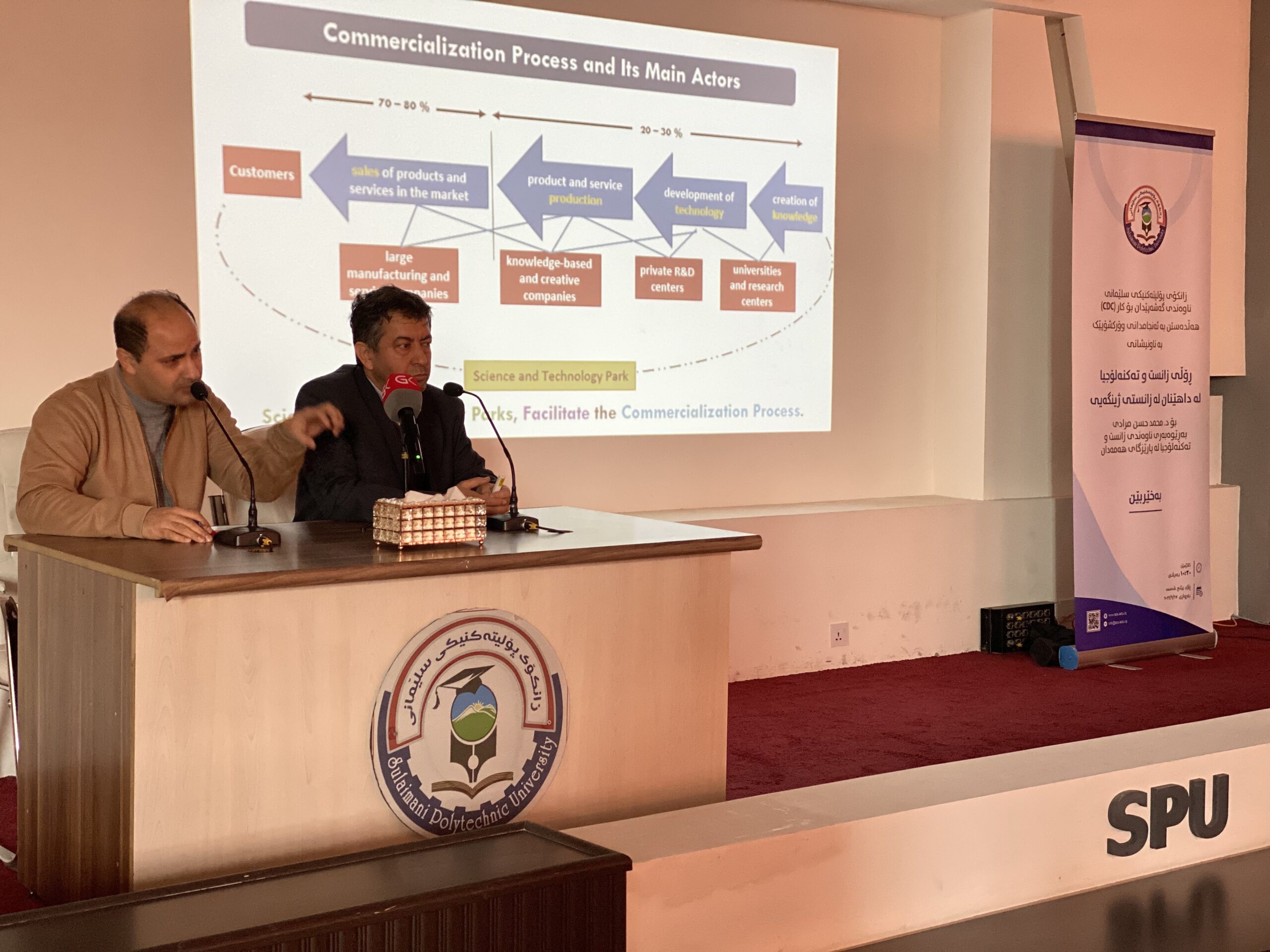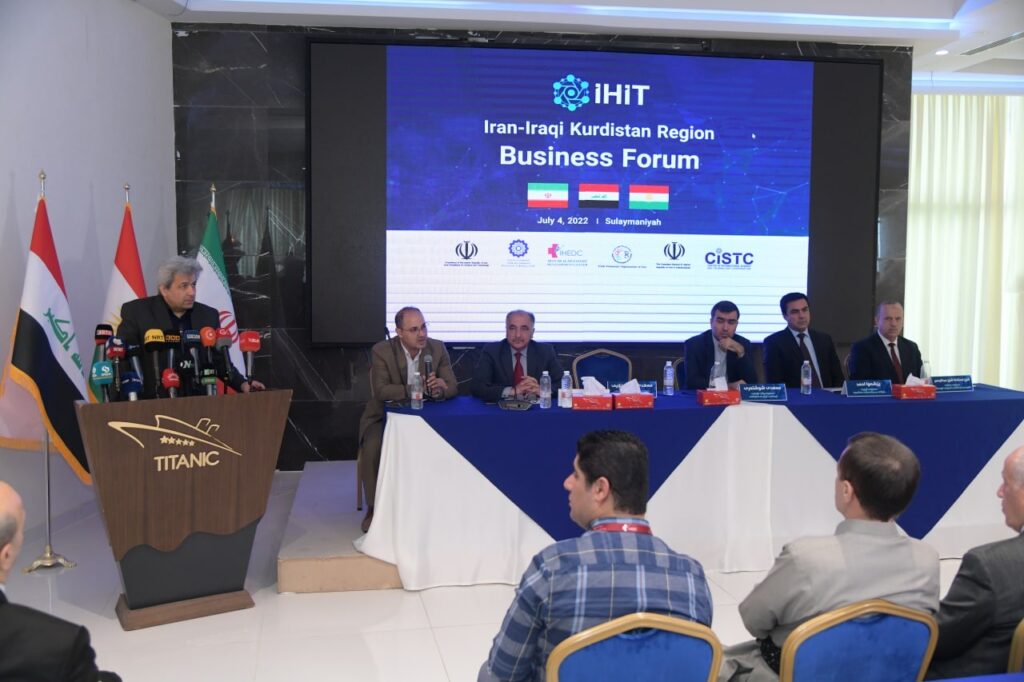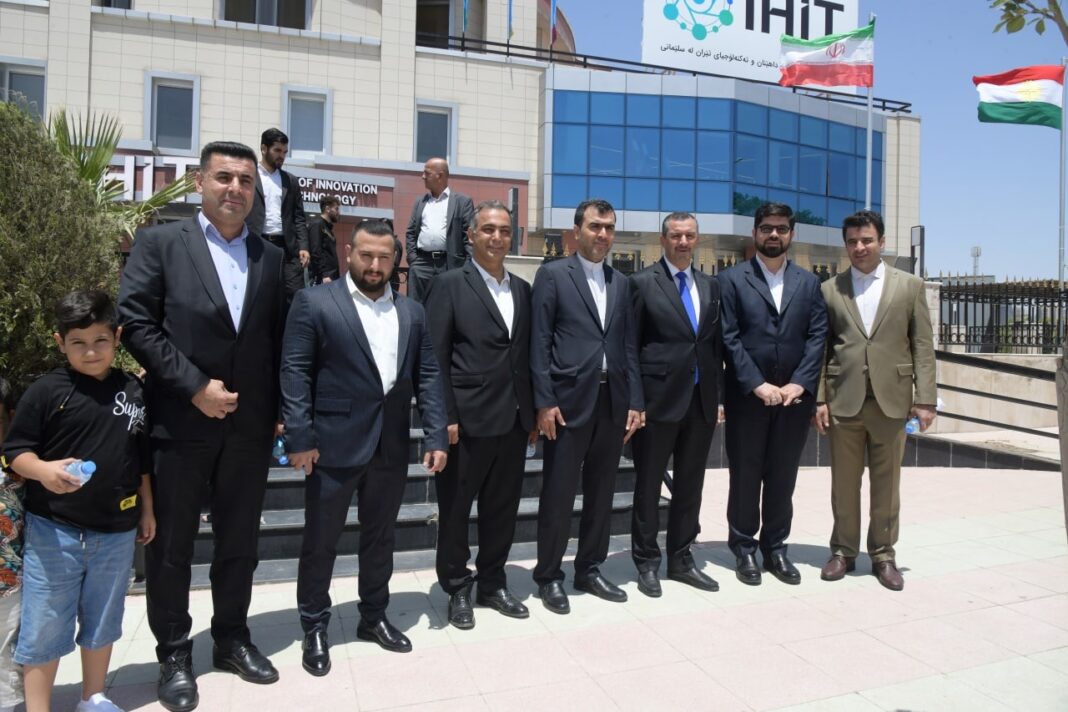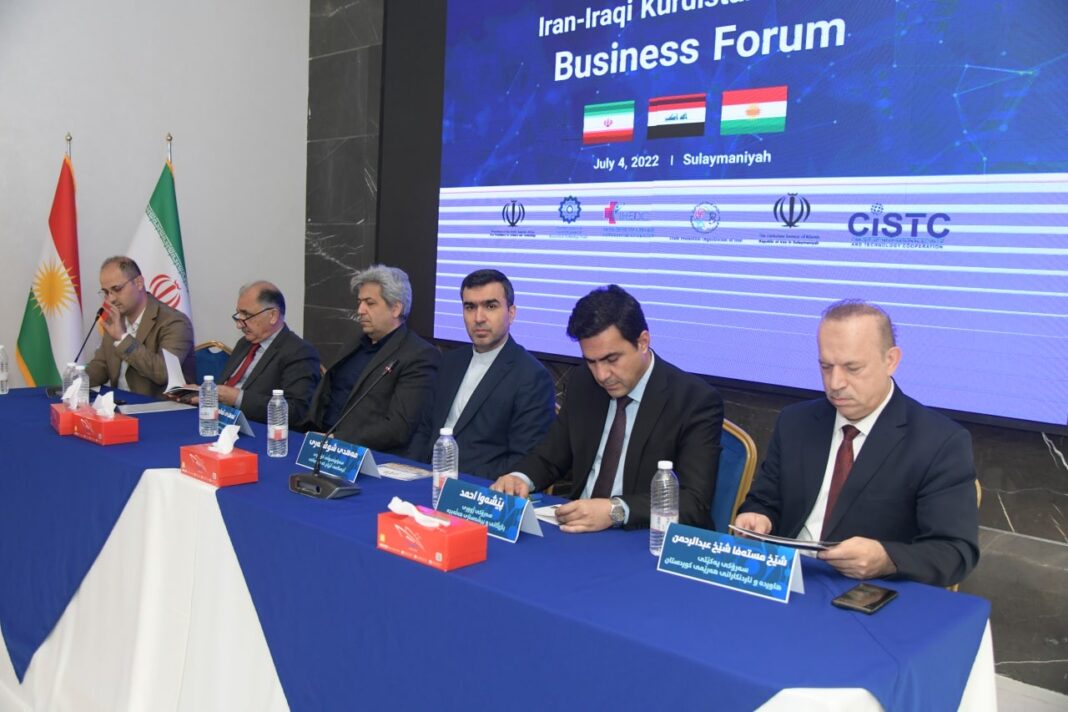1. How Global Markets Influence Kurdistan
Kurdistan’s economy is closely tied to global financial trends, particularly in sectors such as oil, real estate, and foreign trade. Global market fluctuations, especially in oil prices, have a direct impact on government revenues and investment flows.
2. The Effect of Oil Price Volatility
As a major oil-producing region, Kurdistan is highly sensitive to changes in global oil prices. A decline in prices can reduce government income and slow down infrastructure projects, while price increases can boost investment and economic growth.

3. Foreign Exchange and Inflation Concerns
Kurdistan’s financial market is affected by currency fluctuations and inflationary pressures. The reliance on the Iraqi dinar and the US dollar creates challenges in maintaining price stability and investment confidence.

4. The Role of Digital Finance and Fintech
The global shift towards digital finance and fintech solutions is also impacting Kurdistan. The introduction of mobile banking, online payment systems, and cryptocurrency discussions could modernize the financial sector and improve financial inclusion.
5. Strategies for Financial Stability
To strengthen its financial market, Kurdistan needs to diversify its economy, develop new revenue sources, and implement stronger financial regulations. By following global financial trends and adapting best practices, the region can create a more resilient and competitive financial system.





